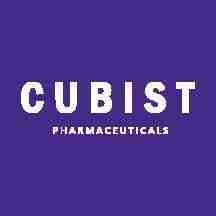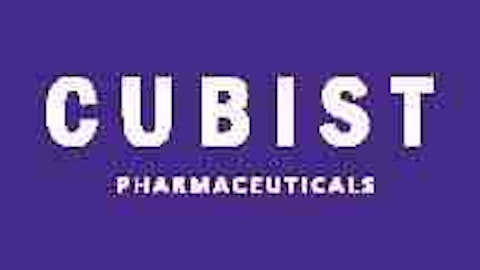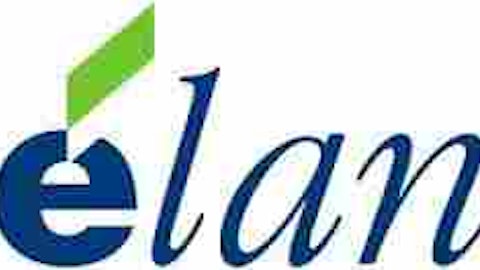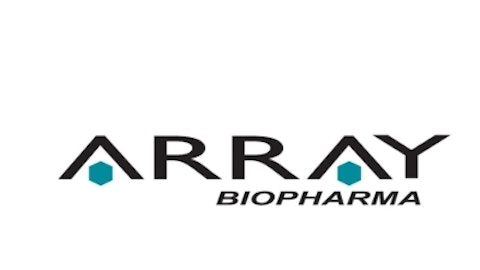In June this year, a drug candidate from Cubist Pharmaceuticals Inc (NASDAQ:CBST) received fast track status from the FDA. This product can potentially help around 2 million American patients who suffer from Gram negative bacteria infection every year. Just a small chunk of this market – gram negative bacteria infection in the urinary tract – is valued at nearly $2 billion. With the fast track status, Cubist Pharmaceuticals Inc (NASDAQ:CBST) can expect to own a major share of this market within two years.

In American hospitals, the most common bacterial infections occur in the urinary tract, abdominal region, surgical sites and the lungs. Most presently available drugs are not effective against gram negative bacteria. The new approach towards these infections is combination therapy, of which Cubist Pharmaceuticals Inc (NASDAQ:CBST)’s Phase III candidate CXA-201 is an example. Comprised of two molecules, Ceftolozane and tazobactam, the product has been categorized as a candidate for Qualified Infectious Disease Product (QIDP) indications.
The QIDP includes hospital acquired bacterial pneumonia (HABP), ventilator associated bacterial pneumonia (VABP), and complicated urinary tract infections (cUTI). In February 2013, the product was granted the same status for complicated Intra-Abdominal Infections (cIAI). All this helps CXA-201 get priority review and five years of exclusivity if approved by the FDA. The stock jumped up by 18% since the announcement.
Background to Cubist
Cubist Pharmaceuticals Inc (NASDAQ:CBST), a $3.6 billion biopharmaceutical company, has two wholly-owned products in the market, the drugs Cubicin and Entereg. Cubicin, approved in the US, EU and Japan, treats infection caused by Gram positive bacteria. Entereg is approved only in the U.S. for the treatment of upper and lower gastrointestinal infections. Another product Dificid is co-promoted by Cubist Pharmaceuticals Inc (NASDAQ:CBST) and Optimer Pharmaceuticals (NASDAQ:OPTR) and approved in the U.S to treat diarrhea-related infections.
In pipeline, Cubist Pharmaceuticals Inc (NASDAQ:CBST) has three late stage pipeline products which can be used for four different indications. Besides Ceftolozane/tazobactam, the other two Phase III candidates include Surotomycin or CB-315 for infection induced diarrhea and Bevenopran or CB-5945 for opioid induced constipation.
About the candidate CXA-201
Ceftolozane/tazobactam is a combination of two molecules Ceftolozane and Tazobactam. Ceftolozane prevents bacteria from growing, and Tazobactam inhibits an enzyme – that normally destroys antiobiotics – from doing so with ceftolozane. According to the company, the product has superior efficiency and safety profile compared to Cubicin. During Phase II study, the drug demonstrated better results than other antibacterial agents against Gram-negative bacteria.
Potential Market
Approximately 8 million people suffer from UTI infection in the US every year, which includes infection from both gram negative and gram positive bacteria. The prevalence rate is 40%-50% and estimated market size around $1.6 billion annually.
Similarly, cIAI is one of most common causes for hospitalization. Usually resulting from post-operative infection in the gastrointestinal tract, it can be fatal if untreated. The incidence rate of cIAI in the U.S. is around 150,000 per year with a mortality rate of 35%.
Opportunity for Ceftolozane/Tazobactam
On successful completion and regulatory approvals, CXA-201 may be a prospective candidate in severeal hospital acquired infections. The fact that the FDA has speeded up the approval process is encouraging. Cubist expects peak sales around $1 billion for Ceftolozane/tazobactam from the U.S. and EU markets.
Cubist’s market performance
Cubist’s performance is driven by its marketed products- Cubicin and Entereg. During second quarter ended June 30, 2013, total revenues increased by 12.2% to $258.8 million, over $230.6 million in the same period 2012. The growth was due to increasing sales of Cubicin and Entereg. Cubin represents 87% of total revenues. Adjusted operating income was $51.3 million, down by 27% year over year from $71.1 million in the second quarter of 2012. Adjusted EPS was $0.42 during second quarter 2013 compared to $0.56 in the same period 2012. Cubist has enough cash balance to support its operation. As of June 30, 2013, Cubist cash and investment was $1.0 billion.
Peer market
Ceftazidime/ Avibactam from Forest Laboratories, Inc. (NYSE:FRX) is a combined therapy to treat cIAI and cUTI. Forest Laboratories, Inc. (NYSE:FRX) has initiated trial studies in collaboration with AstraZeneca to develop this combined therapy for bacterial infections. The ongoing trial started in 2011 for cIAI and in 2012 for cUTI. During fourth quarter ended March 31, 2013, the company’s net sales decreased by 21.4% to $783.2 million, from $996.9 million in the same period of 2012. The decrease was due to loss of patent exclusivity of Lexapro in March 14, 2012. Adjusted EPS decreased significantly to $0.25, from $0.77 same period in 2012.
Conclusion
The good thing about Cubist is that it has a revenue-generating operation that produces substantial cash flow for the company. It has chosen to work in a niche market, which helps develop core expertise. Now that the CXA-201 product has been approved for fast track, and studies show significant benefit from its use, I would expect the company to be a strong growth stock for the long term.
Dr. Kanak Kanti De has no position in any stocks mentioned. The Motley Fool recommends Cubist Pharmaceuticals. Kanak is a member of The Motley Fool Blog Network — entries represent the personal opinion of the blogger and are not formally edited.
The article Marketed Drugs, Strong Pipeline, Long Term Growth Stock originally appeared on Fool.com is written by Kanak Kanti.
Copyright © 1995 – 2013 The Motley Fool, LLC. All rights reserved. The Motley Fool has a disclosure policy.




